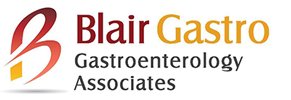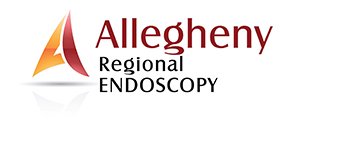What is Small Bowel Bacterial Overgrowth Testing?
Small Bowel Bacterial Overgrowth Testing is a simple, non-invasive, gastrointestinal test that detects bacterial overgrowth in the small intestine. It is often referred to as BOSI or SIBO. Small intestine bacterial overgrowth (SIBO) is a common gastrointestinal disorder that often underlies chronic gastrointestinal symptoms of maldigestion and malabsorption. This includes bloating, gas, diarrhea, irregularity, and abdominal pain. Conditions that can lead to overgrowth of bacteria can include Crohn’s Disease, adhesions, radiation damage, Lymphoma, Diabetes and Scleroderma, immunodeficiency such as AIDs or Immunoglobulin Deficiency, and IBS. Excess bacteria may use up all the nutrients needed by your body and could cause you to become malnourished. Irritable Bowel Syndrome is the most commonly diagnosed gastrointestinal disorder. The Small Bowel Bacterial Overgrowth test can help identify the actual cause of Irritable Bowel Syndrome.







